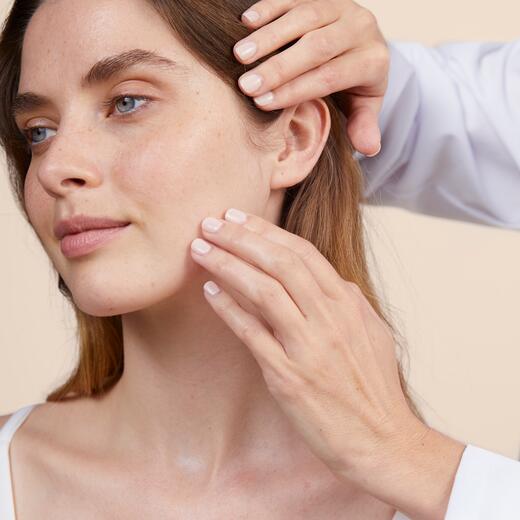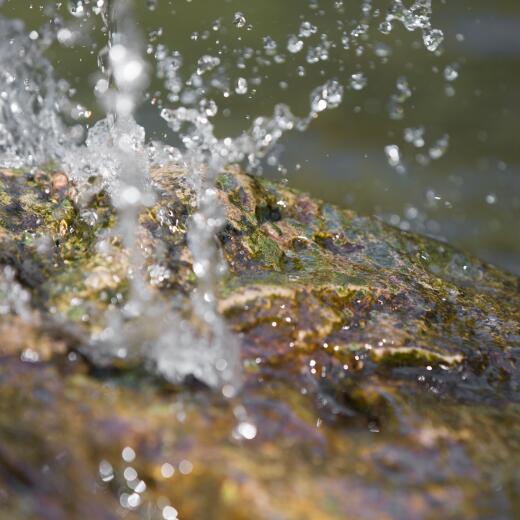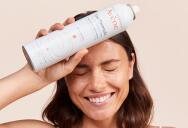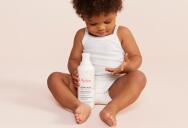FOR 30 YEARS AND COUNTING
Every day, we innovate to offer you high-efficiency skincare without compromising on safety. Every day, we work in a collaborative approach to help improve your quality of life and make dermatology progress. Every day, we put Avène Thermal Spring Water, an exceptional active ingredient, at the service of your sensitive skin, at the Avène Hydrotherapy Center and in our products so that soothed skin rhymes with soothed life.
Committed to make dermatology progress

Avène Thermal Spring Water is a gift from nature. It is therefore essential for us to ensure that the environment in Avène-les-Bains is preserved and to reduce our environmental footprint. Therefore, our developments and our production are part of a continuous improvement process. And to go even further, we are initiating a sustainable management plan for the Avène impluvium with local stakeholders and we have made a commitment to Pur Projet to participate in the regeneration of marine ecosystems in Indonesia.





